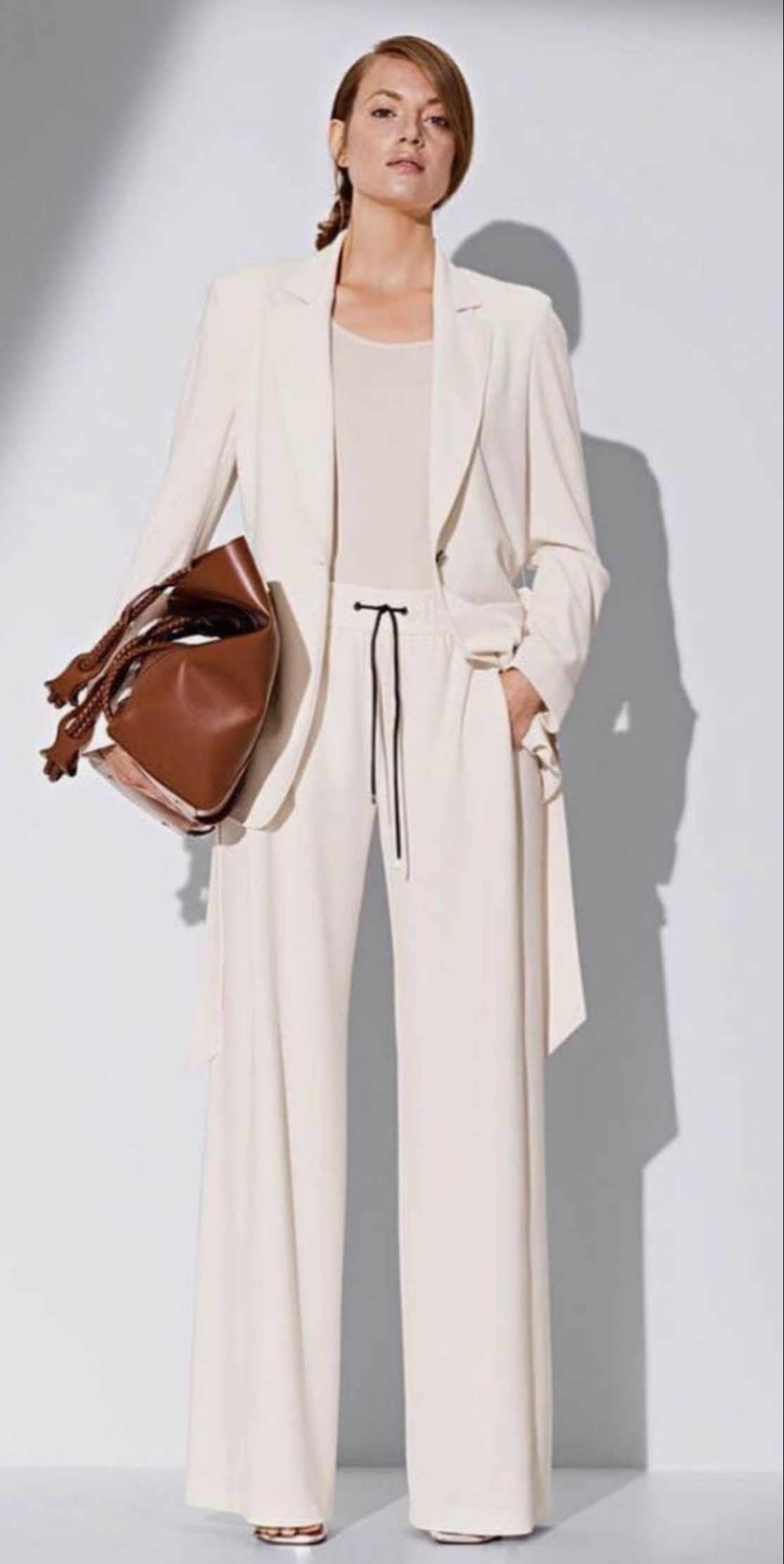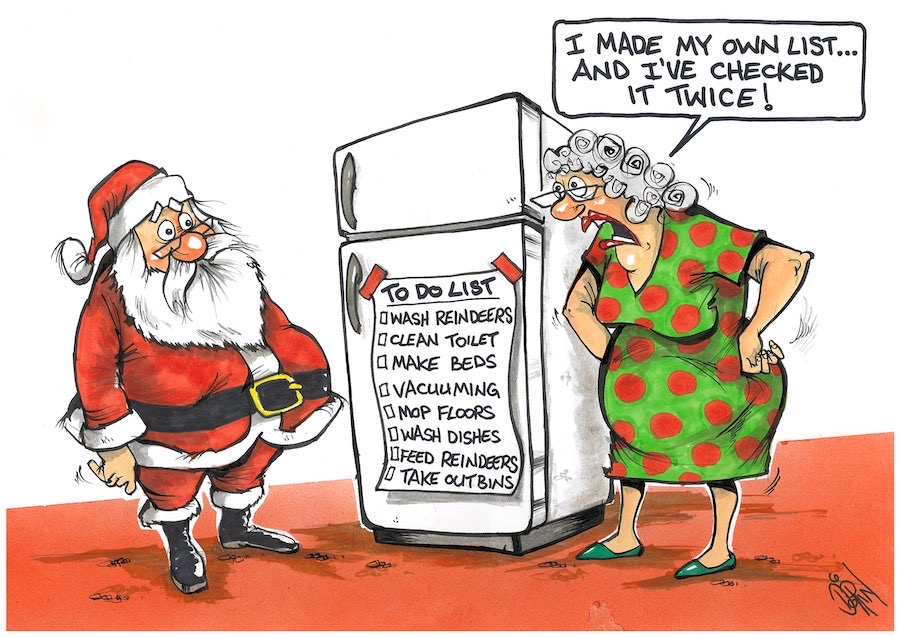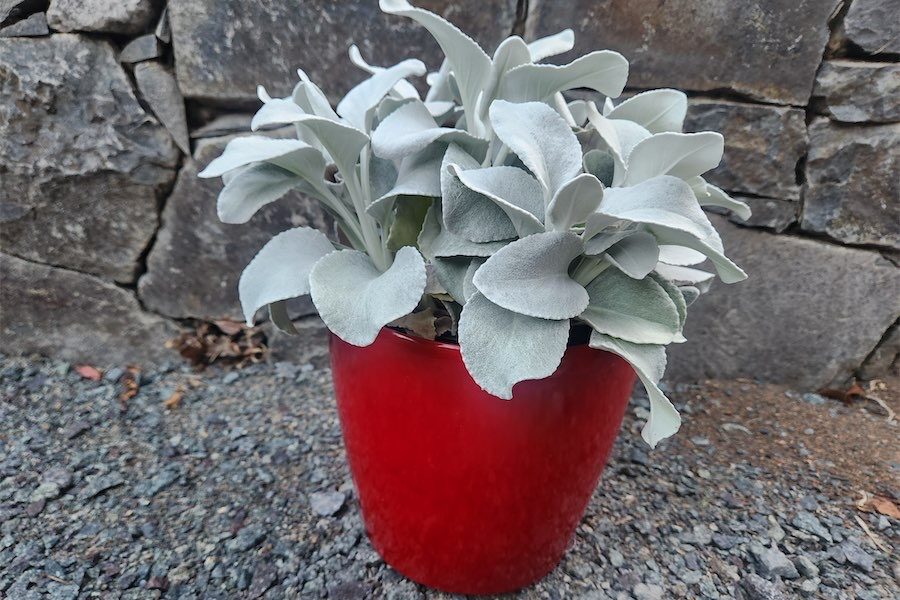LOCKDOWNS have changed what people want to wear and comfort has become a much more important factor in buying clothes, says fashion design lecturer Shelley Campton.

Shelley has been in her role at CIT for more than 10 years and before that worked in fashion in the UK for 10 years and another 10 in the fashion industry when she moved to Australia.
She believes that the effect of the pandemic will be long lasting in the fashion industry, and this is evident in the work students are producing.
“Both in their designing and the fabrics they’re using, they look at the body and how it moves to ensure a garment is comfortable and wearable,” she says.
Recognising that clothing can help with general wellbeing, she says people are returning to pre-pandemic work clothes, but with an emphasis on comfort.
“That’s why knitwear is so popular, knitted dresses are perfect. They can be smart if it’s good quality yarn, and very comfortable,” she says.
Maria Wolters has worked in the fashion industry for almost 20 years, and is the owner of Honeysuckle and Lace in Kingston, which opened eight years ago.
“I think women are reaching a stage where they wear what they are comfortable in, not what is considered to be ‘in’ fashion, and I think COVID-19 sped that process up,” says Maria.
She says people wanted comfort and tracksuits when they were working at home.
“I suppose they got used to wearing those things and they are looking for more now,” says Maria.
“I can tell you we’re ordering for a year in advance and pretty much every single range has a comfortable range to go with it.”
The comfort ranges include clothes that are easy to pull on, wide legs, fabrics with stretch and elastic, and plenty of dresses.
“I think women love a good dress because of its simplicity,” says Maria.
“You put on a dress and you’re dressed, you don’t have to think about what else you’re going to put with it, that’s the ease of a dress. It doesn’t have to be fitted or anything, it can be loose and comfortable.”
To further the point, she points to what women are wearing on their feet now, “sandshoes as opposed to heels, they’re so much better”.
She’s adapting her stock in Honeysuckle and Lace to keep up with the demand and to give customers what they want.
“We probably wouldn’t have had those clothes before actually, but it’s something that everybody wants,” she says.
Design manager of Anna Thomas in Braddon, Sarah Shand has been in the fashion industry for more than 25 years.
She believes that while there are still people working from home, a more comfortable, casual sense of workplace fashion and styling will continue to exist.
“I think people love to look elegant, but there’s an element of comfort as well, in formal clothes with elastic material,” says Sarah.
“Anything which gives you stretch, comfy dressing doesn’t have to be sloppy. It can be a beautiful dress but it’s just more comfortable.”
She says Anna Thomas is known for its tailoring and “beautiful Italian fabrics,” but they will definitely be doing some little tweaks.
“We’re going to introduce a more casual element to the range, I mean fleecy, classic stuff which we’ve never done before, but we’re introducing a tiny little bit into the range to test it,” she says.
“People do love beautiful fabrics and looking gorgeous and smart and luxurious,” but for work, especially in the near future, comfort will contribute highly to people’s styling decisions.
“There’s still Zoom calls, so you’ve still got to look smart but it’s not necessarily fully structured outfits.”
Lecturer Shelley Campton says it is not surprising that lockdowns have had a major influence on fashion, and going forward, people are more likely to buy fashion pieces to explore our individual taste. Sarah Shand agrees, saying people will find their preference and personal balance.
“I think there will be a nice blend of it. People will find an easy mix of something that’s smart and pretty, but is also comfortable,” says Sarah.
Who can be trusted?
In a world of spin and confusion, there’s never been a more important time to support independent journalism in Canberra.
If you trust our work online and want to enforce the power of independent voices, I invite you to make a small contribution.
Every dollar of support is invested back into our journalism to help keep citynews.com.au strong and free.
Thank you,
Ian Meikle, editor





Leave a Reply